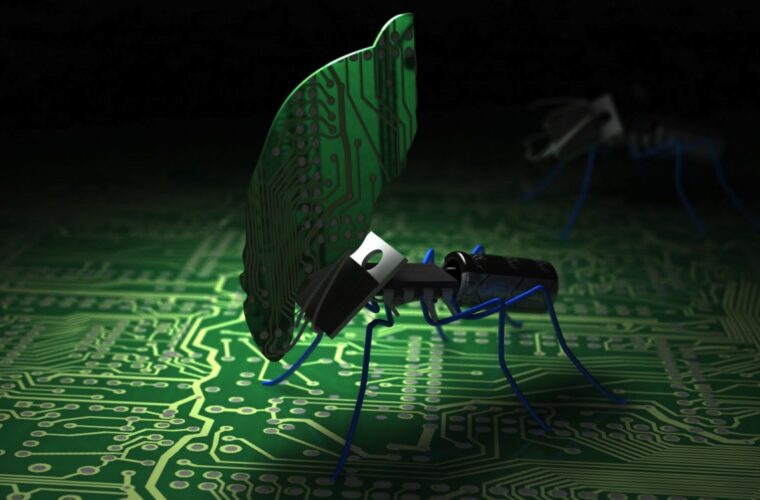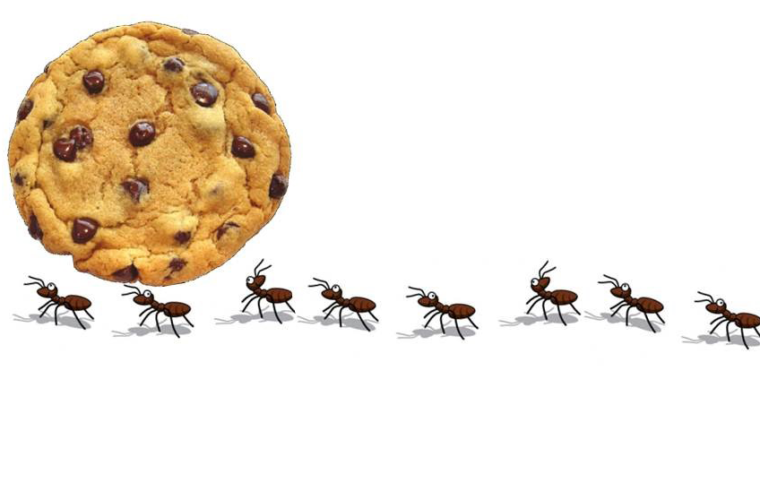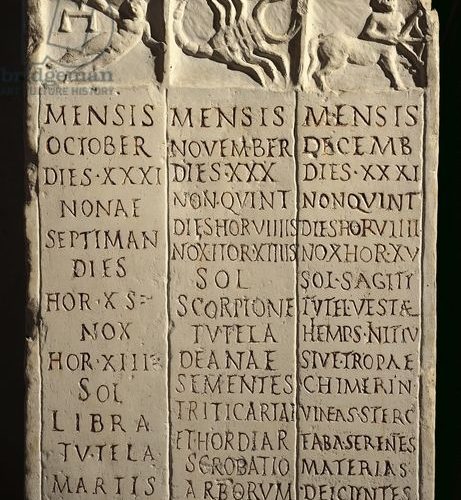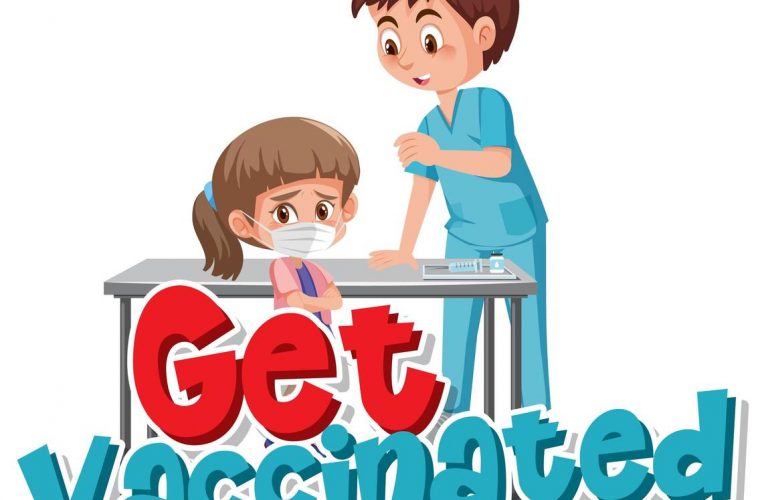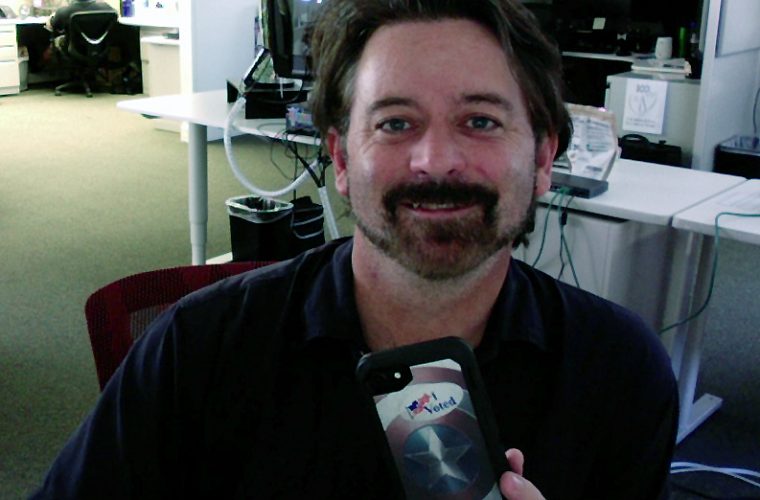My writing group’s Facebook feed has blown up on two posts regarding the way writers deal with “political correctness.” The first post was an article about Amélie Wen Zhao’s BLOOD HEIR, which the author withdrew from publishing after several advanced reasons noted some racist tones. The second post was whether it was offensive to describe a character as having mocha skin.
Many people chimed in about the evils of political correctness and censorship, and that you should write whatever you wanted. “Political Correctness is the curse of the modern era.” One suggested that since “anything you write these days is going to offend someone, somewhere. This leaves you with two choices — don’t worry about offending the ‘perpetually offended,’ or quit writing.”
I think they are missing the point.
I feel one of the author’s job is to present truth. Not the whole truth, or the absolute truth, but distilled nuggets of truth.
It could be a memoir, a story about the boundless friendship a dog brings, or how two alien races can stop murdering each others’ planets and choose coexistence. Somewhere in the story you are writing is your little nugget of truth: the reason or the lesson the story tells that’s big enough or true enough that everyone should read it.
So you write your story with its truth, and you share it, and someone points out that one of your alien races bears an amazing resemblance to the indigenous people of New Guinea, but not in a good way. All the stereotypes are reinforced, and it turns out they’re the bad guys who really need to change and the other aliens, when viewed in that light, really do metaphorically represent the Portuguese and — even though you had no intention of doing so — it appears you’ve written a novel celebrating European colonialism and the exploitation of indigenous people.
Should you scrap your novel because it’s now a different beast? Should you ignore the criticism and publish anyway? Should you give up writing entirely, since there’s no way to please everyone?
No.
One of the reasons we go to the critique groups is to make our writing better. We want to polish our works — we want that nugget of truth to shine. And the details that reminded people about the indigenous people of New Guinea are not the nuggets of truth. You pulled details out of your subconscious to make the aliens seem real. They were flavor to put your readers into a world. They’re not the nugget of truth, and they can be changed.
(From what I’ve been able to gather, this is the route Amélie Wen Zhao is taking, by making major revisions before publishing. But I’m not certain, don’t quote me on that.)
And if changing them helps you share your nugget of truth, why wouldn’t you do it? Why wouldn’t you describe someone as having “warm brown skin” when “skin the color of mocha” might offend some of your readers? Is the word “mocha” your nugget of truth?
If making a small change doesn’t affect the integrity of your work and will help people receive your message, you should consider it.
And if you’re writing something where you don’t know if it’s going to offend people as written, get some sensitivity readers. If you’re writing about a culture you’re not a part of, you should have someone from that culture read your work. Then listen to what they say.



